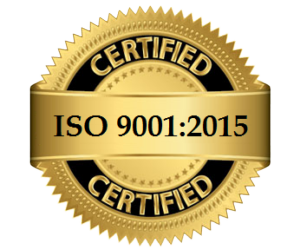Based on the Glassdoor’s Employment Confidence Surveys of 2014 and 2015, almost 70% of the employees feel the need for specialized on the-job-trainings even with their degree and around 48% of people are handling jobs not relevant to their degrees. A recent survey by recruitment specialist Universum found that 58% of leading employer value work experience among graduates more than grades or the name of their university. Although we always say the best solution is the mixture of working experience and education, the reality told us that working experience seems a bit useful and essential for job seekers to land the job.
Although we have kind of the conclusion on valuing the experience more, it also depends on various factors like career field, reputation of the educational institution, company policy and etc.
There are some positions where experience is the key, for example, sales person, construction workers, heavy machine operators and some other skills trade positions. On the other side, in a high-tech field or some positions those using specific systems, software with strong technical skills requirements may value education and training courses more against experience.
So what are the suggestions or solutions for job seekers?
If you are still at school and planning ahead for your future career, you are on the right path. Education is always the entry criteria for most jobs. If you have the chance to choose a sandwich course or co-op program, which mixes hands-on working experience with academic study, please have your heart set on this option. If your course doesn’t have this option, you can still find part-time or summer work placement to help you obtain real world practices.
If you are a fresh graduate with no experience, the projects that you done from school can also help a little bit. Recalled what you did, what type of roles you played, what kind of soft skills you have learn from these projects, and connect all these with the job you are looking for.
Do some research regarding the industry and organization to better understand what type of personality they are looking for; what kind of history, company vision, mission and value they are holding; the brand and the growing path of the industry. Prepare your portfolio and interview based on the research results to on better showing your interest, willingness and ability to learn and handling the role.
If you are already employed, satisfied with what you are doing and looking for future career growth, good employers or companies are always allocating the resources to support their valuable employees for continuous improvement and training. How to utilize the resources and time to study for industry qualifications becomes the backbone for promotion.
Reference plays essential role in hiring process. Job seekers need to ensure they maintain positive relations with past employers and leave current job in professional manner.
No matter for fresh graduates or experienced workers, the ability to adapt to changes, continuous improvement and learning mindset for new systems and technology can not only help to secure your current job, but also supporting you to obtain better opportunities.



